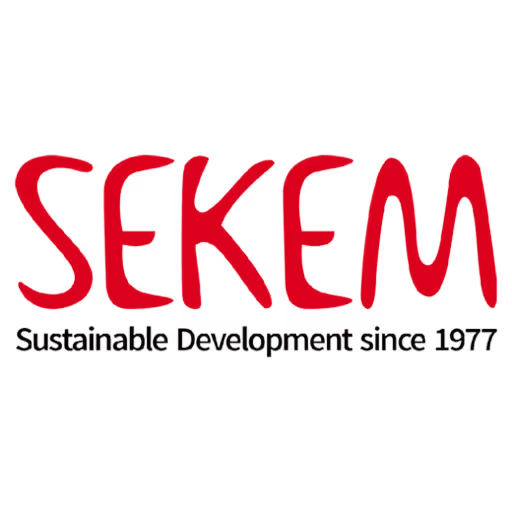Background
The Egyptian Biodynamic Association (EBDA) is a leader in sustainable agriculture, dedicated to promoting biodynamic farming practices and providing Egyptian farmers with essential training and access to markets. They work closely with SEKEM, a non-profit social enterprise dedicated to regenerative agriculture, selling a range of organic products and textiles domestically and internationally, while reinvesting profits into community and environmental initiatives.
Result details
Thanks to TLG's ability to track data back to 2018, the farmers have been able to demonstrate their impact across 150 hectares of cropland, even though the project itself is more recent:
- By 2023, they sequestered 16 tonnes of soil organic carbon, which is equivalent to the amount absorbed annually by approximately 260 mature trees.
- improved the water holding capacity of the soil by 22m³, enhancing drought resilience in participating farms.
- accessed Landler, gained access to Landler, a digital platform for tracking and managing environmental improvements.
- and received financial benefits for their work to restore their ecosystem.
EBDA & SEKEM and its farmers will receive support again from Bird & Bird for the nature improvements they generated in 2024. They will onboard an additional 1,300 hectares to Landler, to unlock even more value for their efforts.
How SEKEM and EBDA did it
Are you looking to quantify and monetise the positive nature outcomes from your regenerative farming? Here’s how SEKEM and the Egyptian Biodynamic Association (EBDA) generated funding for their farmers:
Step 1: Assess the State of your Natural Capital
The Landbanking Group helped SEKEM and EBDA onboard 150 hectares of cropland managed by seven farmers onto Landler. They received measurements of soil organic carbon and water retention capacity dating back from 2018 to 2023.
Step 2: Adjust Farming Methods
Farmers used insights from their Landler results to adjust and enhance their practices, including:
- Planting cover crops to improve soil health and reduce erosion
- Applying compost to boost fertility and increase carbon content
- Managing water use efficiently to improve drought resilience
Note: Landler is not a farm management tool, and farmers are free to choose any practices they believe will help regenerate their land.
Step 3: Monitor Natural Capital
Via Landler, SEKEM and EBDA could track improvements in soil organic carbon content (tonnes of carbon) and water holding capacity volumes (m3).
Step 4: Sell your Natural Capital Units
The improvements were turned into quantified, unique, and non-reproducible natural capital uplifts or Natural Capital Units (NCUs). The farmers agreed via a power of attorney to sell their natural capital improvements to a buyer outside their value chain.
Step 5: Secure Long-term Investment and Drive Ongoing Land Improvement
The farmers’ success attracted renewed investment in the land onboarded onto Landler from existing investors. EBDA plans to scale this model to benefit all its farmers by onboarding new farms. These farms may also generate environmental improvements, which can be purchased as units by buyers both within and outside their value chain.





